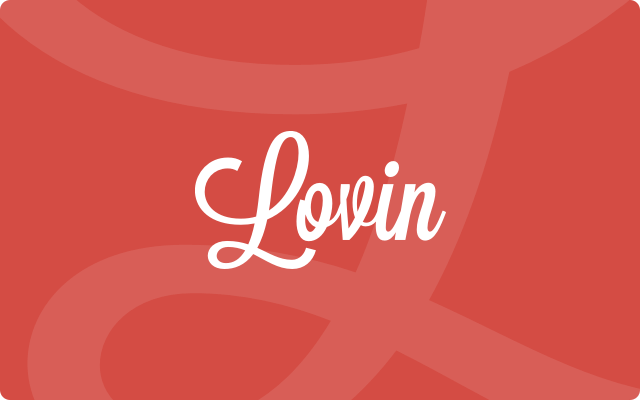‘They Made It Their Mission To Make Me Hate Myself. And They Managed.’

When Nikki turned 10, she got her own Facebook account. It was an exciting rite of passage but she soon realised she didn’t have as many friends as everybody else.
So she decided to create fake profiles to grow her friends list. Nikki thought it would make her school friends accept her. It didn’t. “Instead, it made me feel more alone,” she says. Soon she began receiving the wrong kind of attention.
“Ugly”, “fat”, “disgusting”, “freak”.

Those were the comments she’d receive when she’d upload a photo of herself she felt good about. “I couldn’t tell my parents because I thought they’d delete my account.” Instead she’d stare at her screen all day, feeling bullied and harassed, inside her own home with nowhere to hide and nobody to confide in.
Before long she was too depressed to go to school, which led to rumours being spread about her online. “They’d say I’m a psycho. And I started to believe them. There were people who made it their life’s mission to make me hate myself. And they succeeded.”
By 14, Nikki was self-harming and hearing voices in her head. Eventually she attempted suicide.

“They’d say I’m a psycho. And I started to believe them. There were people who made it their life’s mission to make me hate myself. And they succeeded.”
Today, 19-year-old Nikki Mattocks campaigns for mental health and cyberbullying. “Mental illness is isolating in itself. But social media made it worse for me,” she told a conference in Brussels yesterday. The conference, organised on World Mental Health Day, was a joint effort by Maltese MEP Miriam Dalli, British MEP Julie Ward, both from the Socialists & Democrats group, and Mental Health Europe.
Up next was Julie De Bailliencourt, Head of Safety Policy at Facebook. “It’s incredibly difficult to speak on behalf of Facebook after that speech,” said Ms De Bailliencourt once the applause subsided from Ms Mattocks’ speech. She braved it anyway, outlining how Facebook has spent the past 10 years investing in creating a safer space for young people.
“Any piece of content can be reported confidentially and anonymously,” she said, presenting all the tools at Facebook’s disposal.
When a person displays signs of depression or self-harm on Facebook, friends can trigger a support system that’s been designed by suicide prevention professionals. “Sometimes people don’t know how to act when they see a friend in need. We want to jolt them into action,” says Ms De Bailliencourt.
Google and YouTube have a similar approach. Clara Sommier, Public Policy Analyst at Google, told the conference YouTube received about 400 hours of video per minute.“Thanks to a flagging system we were able to remove 19 million videos in 2015,” she said. “We want people to be up-standers not by-standers.”

Maltese MEP Miriam Dalli with European Commissioner for Health and Food Safety Vytenis Andriukaitis
“The police couldn’t take action against my abusers because they used a nickname for me instead of my real name.”
Of course, there is no limit to the amount of hate people are ready to inflict online. Well-Intentioned campaigns and resources will not stop people from acting callously.
But as children get onto social media younger than ever before, better education about the problem – even among parents – could help prevent unnecessary heartbreak and deaths. Perhaps the private sector could be persuaded to create smarter tools to help those struggling with mental health or cyberbullying. And policy makers could be encouraged to strengthen laws that could provide some form of justice for victims.
“The police couldn’t take action against my abusers because they used a nickname for me instead of my real name,” said Ms Mattocks, as an example of weak legislation. Providing her own insights into the subject, MEP Miriam Dalli pointed out a key irony in all of this.
“Social media can be the perfect place to find the support and resources young people need to cope with what they are experiencing.”
Instead of demonising social media, we should seize the opportunity and use it to help inform, educate and support those in need, particularly the most vulnerable like young children.
“We must create positive content that challenges abuse and helps shape society,” says Miriam Dalli.
Nikki Mattocks is a good example of this. She’s still on Facebook, by the way, using it to lead by example and serve as a role model for overcoming online abuse.